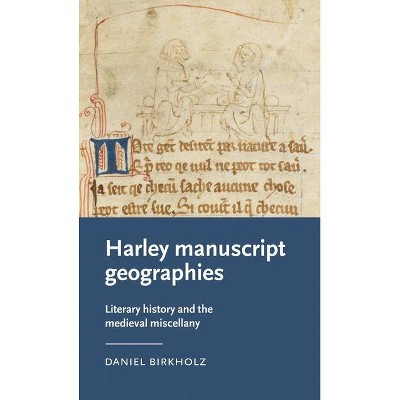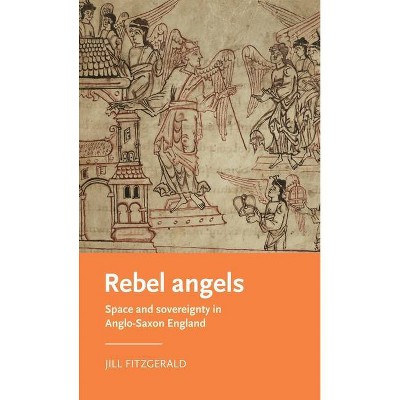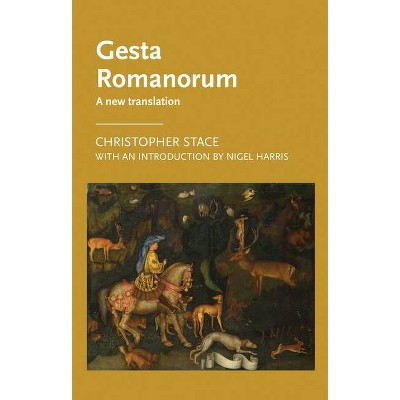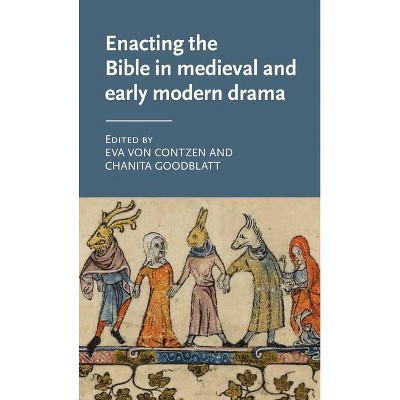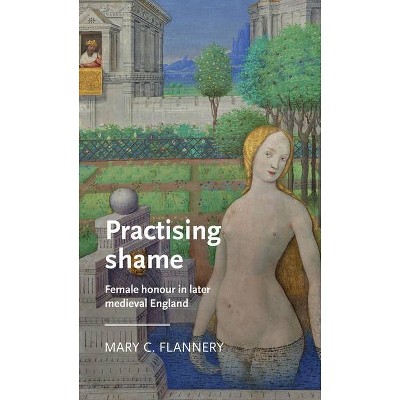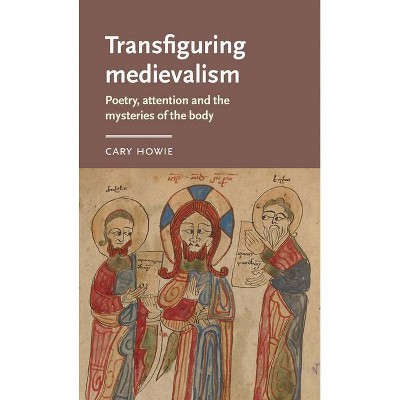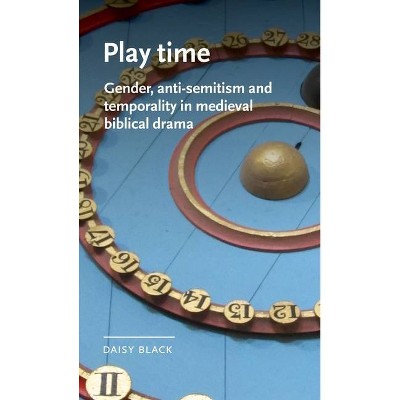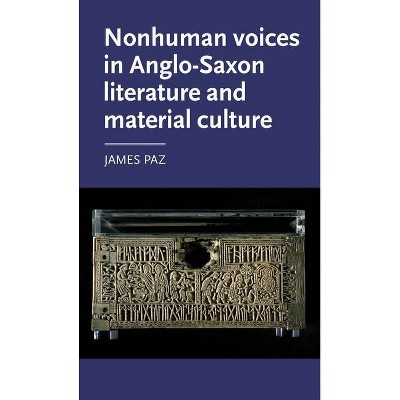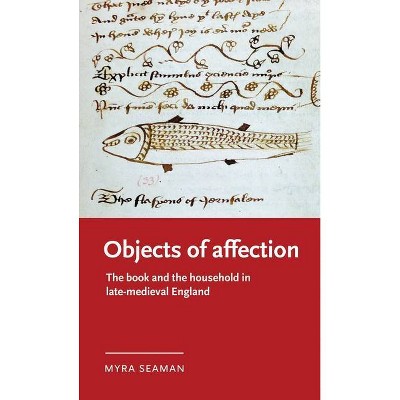Water and fire - (Manchester Medieval Literature and Culture) by Daniel Anlezark (Paperback)
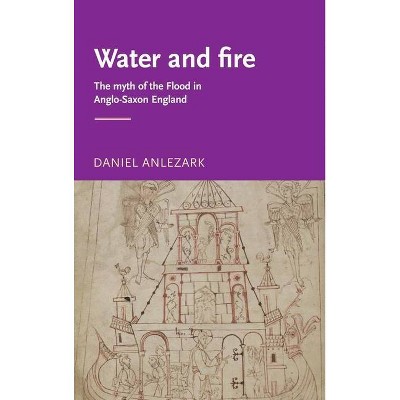
Similar Products
Products of same category from the store
AllProduct info
<p/><br></br><p><b> About the Book </b></p></br></br>The story of Noah's Flood is one of the Bible's most popular stories, and other flood myths are preserved by cultures across the world. This book presents the first comprehensive study of the incorporation of the Flood myth into the literary and historical imagination of the Anglo-Saxons, ranging from the works of Bede to Beowulf.<p/><br></br><p><b> Book Synopsis </b></p></br></br>Noah's Flood is one of the Bible's most popular stories, and flood myths survive in many cultures today. This book presents the first comprehensive examination of the incorporation of the Flood myth into the Anglo-Saxon imagination. Focusing on literary representations, it contributes to our<br>understanding of how Christian Anglo-Saxons perceived their place in the cosmos. For them, history unfolded between the primeval Deluge and a future - perhaps imminent - flood of fire, which would destroy the world. This study reveals both an imaginative diversity and shared interpretations of the<br>Flood myth. Anglo-Saxons saw the Flood as a climactic event in God's ongoing war with his more rebellious creatures, but they also perceived the mystery of redemption through baptism. <p/>Anlezark studies a range of texts against their historical background, and discusses shifting emphases in the way the Flood was interpreted for diverse audiences. The book concludes with a discussion of Beowulf, relating the epic poem's presentation of the Flood myth to that of other Anglo-Saxon<br>texts.<br><p/><br></br><p><b> From the Back Cover </b></p></br></br>Noah's Flood is one of the Bible's most popular stories, and flood myths survive in many cultures today. This book presents the first comprehensive examination of the incorporation of the Flood myth into the Anglo-Saxon imagination. Focusing on literary representations, it contributes to our understanding of how Christian Anglo-Saxons perceived their place in the cosmos. For them, history unfolded between the primeval Deluge and a future - perhaps imminent - flood of fire, which would destroy the world. This study reveals both an imaginative diversity and shared interpretations of the Flood myth. Anglo-Saxons saw the Flood as a climactic event in God's ongoing war with his more rebellious creatures, but they also perceived the mystery of redemption through baptism. Anlezark studies a range of texts against their historical background, and discusses shifting emphases in the way the Flood was interpreted for diverse audiences. The book concludes with a discussion of Beowulf, relating the epic poem's presentation of the Flood myth to that of other Anglo-Saxon texts.<p/><br></br><p><b> Review Quotes </b></p></br></br><br><br>This is a fine and highly rewarding book for students of Saxon literature, history, and culture and those interested in religious myth and Christian thought. - Catherine Cubitt, University of York, Journal of British Studies, Vol. 49, No. 1 <br><p></p><br><br><p/><br></br><p><b> About the Author </b></p></br></br><br>Daniel Anlezark is Lecturer in English Studies at the University of Sydney<br>
Price History
Price Archive shows prices from various stores, lets you see history and find the cheapest. There is no actual sale on the website. For all support, inquiry and suggestion messagescommunication@pricearchive.us
